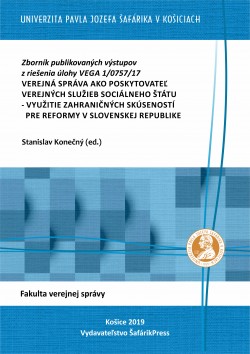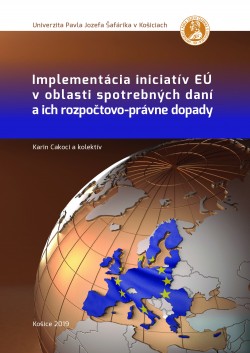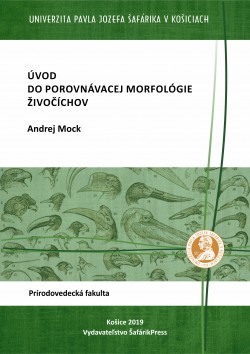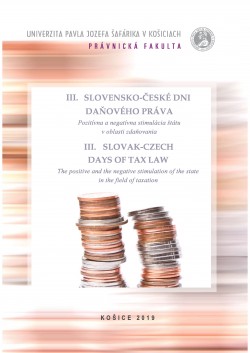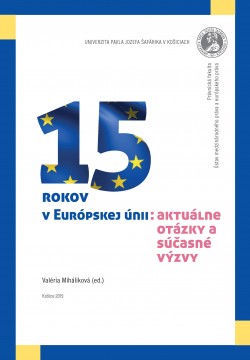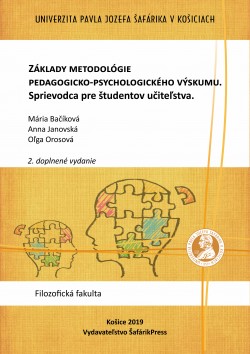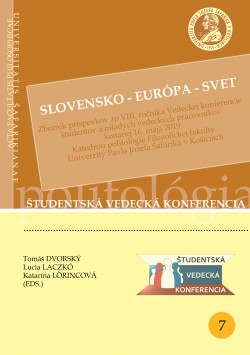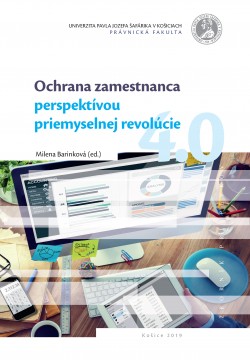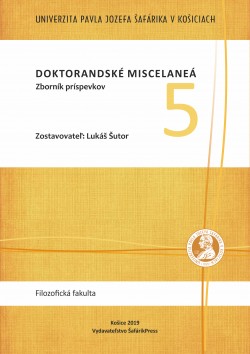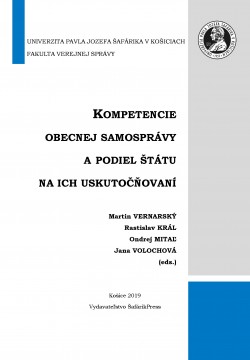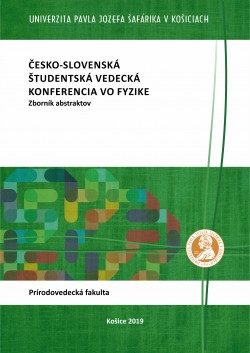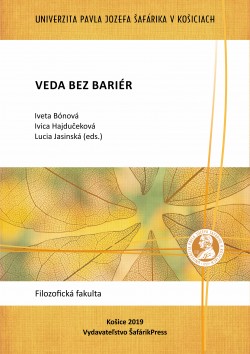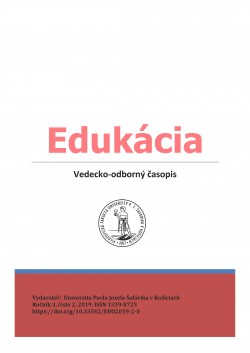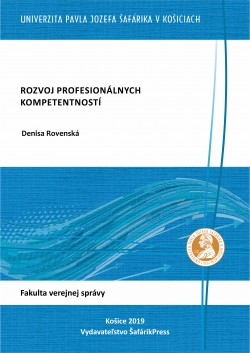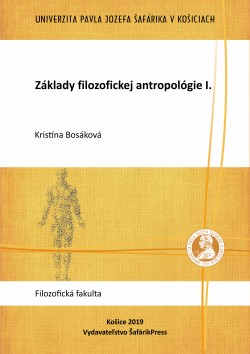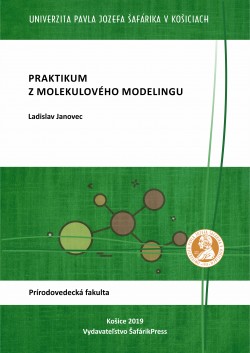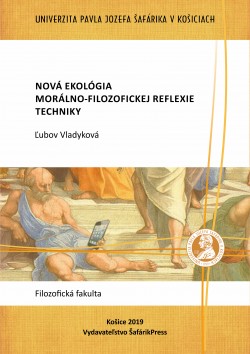No products
Product successfully added to your shopping cart
There are 0 items in your cart. There is 1 item in your cart.
Pohyb ku kognitívnym adaptačným štúdiám. Adaptácia ako hra
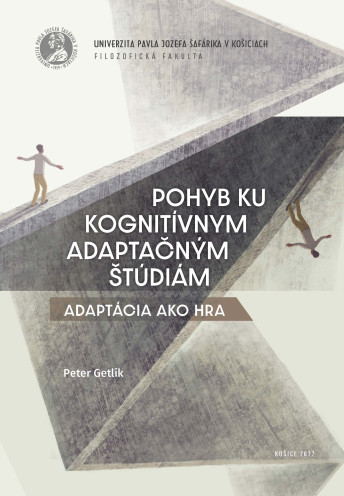
Data sheet
| Author: | Peter Getlík |
| Science editor: | Dr.h.c. prof. Mgr. Slávka Tomaščíková, PhD. |
| Year of publication: | 2022 |
| Available from: | 23.12.2022 |
| Edition: | 1st edition |
| Document type: | Monograph |
| Publication language: | Slovak |
| Number of pages: | 272 |
| Faculty: | Faculty of Arts |
| Note: | Vedecká monografia je výstupom grantového projektu APVV-19-0244 Metodologické postupy v literárnovednom výskume s presahom do mediálneho prostredia. |
| DOI: | https://doi.org/10.33542/PKA-0176-6 |
| Licencia: | Creative Commons BY NC ND (Uveďte autora - Nepoužívajte komerčne - Nespracovávajte) |
More info
The main goal of the monograph "Moving Towards Cognitive Adaptation Studies: Adaptation as Play" was to orient current research in adaptation studies towards the empirically responsible cognitive branch of non-radical constructivism. This intention results from the rapid progressive differentiation of adaptation studies research, which has mainly manifested itself in this area in the last two decades. With the model of adaptation as play in a cognitive-scientific perspective, author provides the possibility of predicting the nature (also in a broader sense) of the experience of adaptation. Since the form of this experience significantly shapes the products of the adaptation process into their final form, the model of adaptation as play can be applied even in the interpretation of individual adaptations. In the monograph, the author synthesized the model of adaptation as play based on the knowledge of various disciplines. In the field of cognitive sciences, he saw help from the starting points of philosophy, linguistics, informatics, psychology, anthropology, biology and neuroscience – especially affective neuroscience, which also deals with the emotional dimension of the play. In the intersection with the essential interdisciplinary components of adaptation research, he also used the knowledge of classical and cognitive variations of literary science, film science (also theatrology) and media studies to a large extent. Consistent with other similar results of cognitive sciences, it turns out that even seemingly serious adaptations, like in many aspects of our culture, have a ludic base.



